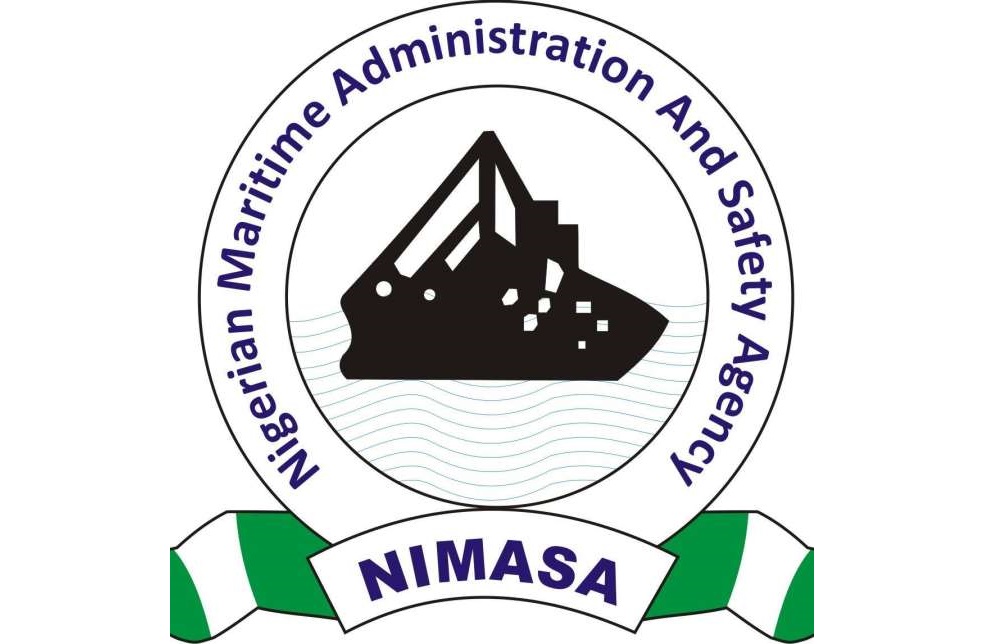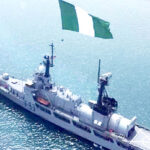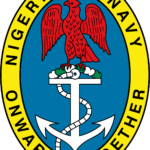The Nigerian Navy and the Nigerian Maritime Administration and Safety Agency (NIMASA) have disagreed over a proposed law on maritime security by the Senate.
The Senate had initiated a bill to repeal and reenact the NIMASA Act 2007, which when passed into law, would empower NIMASA to impose fines on maritime security offenders without taking them to court.
It also seeks to empower NIMASA on the provision of security.
During a public hearing on the bill organised by the Senate Committee on Marine Transport at the weekend, the Director General of NIMASA, Dayo Mobereola, commended the Senate for coming up with the bill which he said was in line with international best practices.
- Former heads of NNPC decry spate of oil bunkering
- Kennedy-Ohanenye: I’m being victimised for refusing to sign dubious $500m loan
He said, “The proposed amendments would empower us at NIMASA to impose fines on offenders without needing court actions, thus streamlining enforcement processes which are clearly in line with international best practices.”
But the Chief of Naval Staff, Vice Admiral Emmanuel Ogalla, represented by a senior officer, raised concerns on behalf of the Nigerian Navy.
He noted that a section of the proposed law mandating NIMASA to provide security could lead to conflicts on responsibilities between NIMASA and the Nigerian Navy.
“Maritime security is largely ensured by the Nigerian Navy while other relevant agencies like NIMASA, complement. Therefore, as observed in a section of the proposed amendment, giving maritime security to NIMASA is wrong because the Nigerian Navy fundamentally defends the territorial water space of Nigeria,” he said.
In his remarks, the chairman of the committee, Senator Wasiu Eshinlokun (APC, Lagos Central), said the proposed amendments were not targeted at the Nigerian Navy’s fundamental mandate of territorial water protection but empowering NIMASA to be more effective on its own mandate.
“The proposed amendments to the NIMASA Act aims to bolster Nigeria’s maritime security framework, ensuring safer and more efficient maritime operations in the country,” he said.

 Join Daily Trust WhatsApp Community For Quick Access To News and Happenings Around You.
Join Daily Trust WhatsApp Community For Quick Access To News and Happenings Around You.

